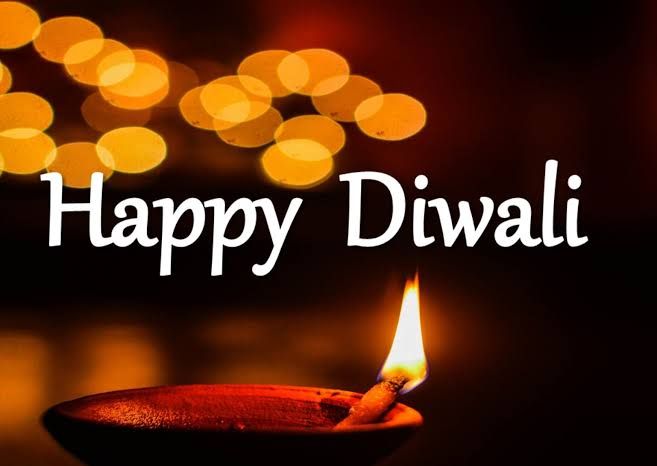Diwali is a light festival observed by Hindus, Jains, Sikhs, and certain Newar Buddhists. The festival is normally held between mid-October and mid-November and lasts five days.
The spiritual "winning of light over darkness, good over evil, and wisdom over ignorance" is symbolized by Diwali. The goddess of prosperity, Lakshmi, is widely associated with the celebration, as are many other regional traditions.
In various parts of the world, it's also a commemoration of Rama's return to Ayodhya with his wife Sita and brother Lakshmana after conquering Ravana in Lanka and serving a 14-year exile.
The five-day celebration is said to have originated in India and is recorded in early Sanskrit scriptures.
The first day of the event is when participants clean their homes and put up decorations on the floor.
Naraka Chaturdashi is the second day.
The third day is Lakshmi Puja, which falls on the darkest night of the lunar month.
Some Hindu communities observe Bhai Dooj on the last day, while others, including Hindu and Sikh craftsmen, observe Vishwakarma Puja by doing upkeep in their workspaces and offering prayers.
The legendary tales told on Diwali vary greatly by region and even within Hindu tradition, but they all center on righteousness, self-inquiry, and the importance of knowledge, which, according to Lindsey Harlan, an Indologist and Religious Studies scholar, is the path to overcoming the "darkness of ignorance."
The telling of these fables harkens back to the Hindu concept that good prevails over evil in the end.
Reference:
Wikipedia
Thanks for reading


Thank you for using my upvote tool 🙂

Your post has been upvoted (1.57 %)
Delegate more BP for better support and daily BLURT reward 😉
@tomoyan
https://blurtblock.herokuapp.com/blurt/upvote
Thank you for sharing such a great content!
You can delegate any amount of blurt power to @chibuzorwisdom to support this curation.